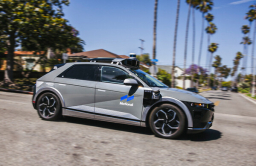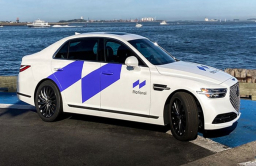-
KOSPI 2917.50 +22.88 +0.79%
-
KOSDAQ 772.76 +3.90 +0.51%
-
KOSPI200 390.17 +2.87 +0.74%
-
USD/KRW 1366 -4.00 0.29%
Hyundai’s JV Motional delays robotaxi commercialization, cuts jobs
Future mobility
Hyundai’s JV Motional delays robotaxi commercialization, cuts jobs
Motional CEO says large-scale deployment of self-driving cars remains a goal for the future, not the present
By
May 09, 2024 (Gmt+09:00)
3
Min read
News+
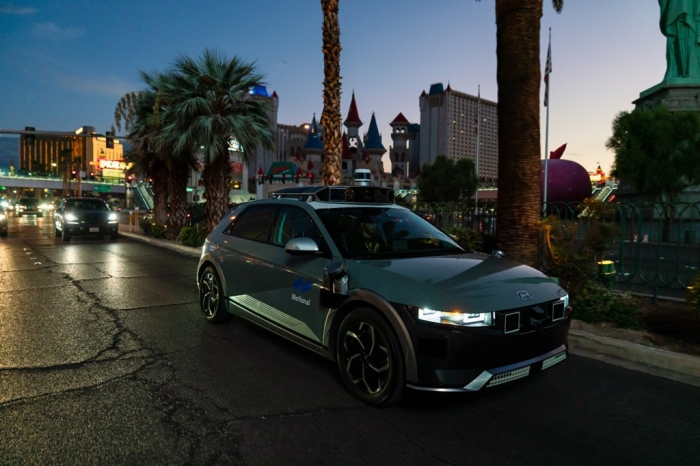
Self-driving technology developer Motional decided to delay robotaxi deployments with ride-hailing companies Uber Technologies Inc. and Lyft Inc. again while laying off employees as part of the restructuring process of the loss-making joint venture of Hyundai Motor Group, another setback to the autonomous driving industry.
“In collaboration with Motional’s shareholders, we’ve updated our strategic plan to focus resources on the continued development and generalization of our core driverless technology, while de-emphasizing near-term commercial deployments and ancillary activities,” Motional President and CEO Karl Iagnemma wrote in a Tuesday blog post.
“This updated strategy requires a streamlining of our teams, resulting in a reduction in staff across the business,” Iagnemma said without detailing the extent of the job cuts.
Motional, established by Hyundai and autonomous driving technology company Aptiv PLC with a $2 billion investment each in 2020, has been struggling as the robotaxi service commercialization in the US was not in sight due to regulatory and safety hurdles. Motional postponed the launch of commercial services of the IONIQ 5 robotaxi in the US from the end of 2023 to 2024.
Aptiv decided to cut its common equity interest in Motional to 15% from the current 50% by selling an 11% stake to the leading South Korean automaker and exchanging up to 21% for preferred shares.
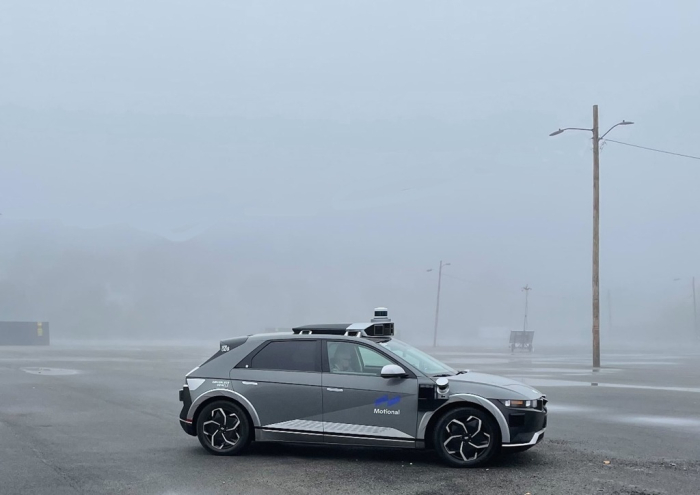
GOAL FOR THE FUTURE, NOT THE PRESENT
Iagnemma recognized the difficulties the self-driving technology industry is facing.
“Large-scale driverless deployment will not happen overnight. Driverless vehicles will enter the market when the technology has evolved, and – just as importantly – when the business case for autonomous deployment is clear,” he said.
“Large-scale deployment of AVs remains a goal for the future, not the present,” he said, referring to autonomous vehicles.
The move came after Hyundai, the maker of the all-electric midsize crossover IONIQ5, decided to spend nearly $1 billion on Motional including a $475 million investment in its rights offering. It also plans to buy Aptiv’s stake for $448 million to raise its stake to 66.8%.
GM, FORD, APPLE
Legacy automakers, which had pinned high hopes on self-driving vehicles, also reduced spending on the technology.
Cruise LLC owned by General Motors Co. (GM) lost its self-driving license in San Francisco due to a series of accidents, de facto suspending its driverless car business. GM cut investments in Cruise by $1 billion this year.
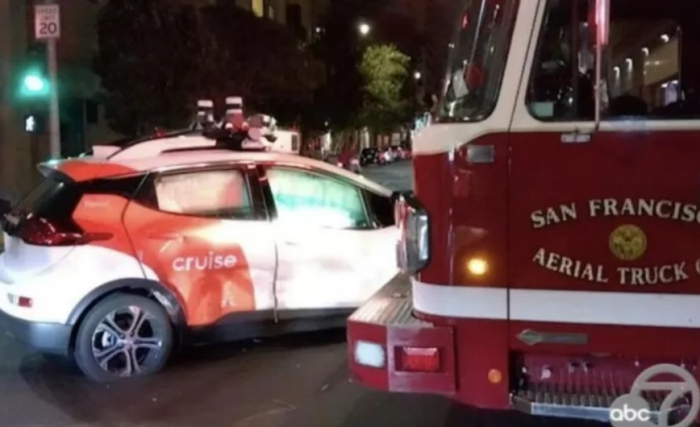
Ford Motor Co. gave up developing Level 4 autonomous vehicles, which run without human intervention while shutting down Argo AI, its self-driving joint venture with Volkswagen AG in 2022.
Apple Inc., the iPhone smartphone series founder earlier eyeing autonomous electric vehicles, followed the move by dissolving the team for the development of such a car.
TESLA BUCKS TREND
Tesla Inc., the world’s second-largest EV producer, is actively developing self-driving technology as its future growth engine, however.
Tesla CEO Elon Musk vowed to introduce its dedicated robotaxi with full self-driving (FSD) technology on Aug. 8, to revive EV sales, which have been sluggish.
It is uncertain whether the US EV maker to realize the plan, given lawsuits over car accidents related to its Autopilot, an advanced driver assistance system, in the country, industry sources said.
US auto safety investigators are seeking detailed answers and documents from Tesla in a probe into the automaker's December recall of more than 2 million vehicles to install new Autopilot safeguards, Reuters reported on Tuesday.
Write to Jin-Won Kim at jin1@hankyung.com
Jongwoo Cheon edited this article.
More To Read
-
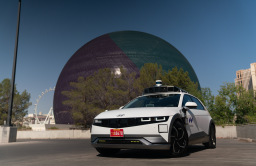 Future mobilityHyundai to invest $923 million on self-driving JV Motional
Future mobilityHyundai to invest $923 million on self-driving JV MotionalMay 03, 2024 (Gmt+09:00)
-
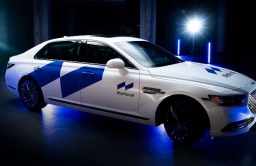 Future mobilityAptiv to cut stake in Motional, self-driving JV with Hyundai
Future mobilityAptiv to cut stake in Motional, self-driving JV with HyundaiFeb 01, 2024 (Gmt+09:00)
-
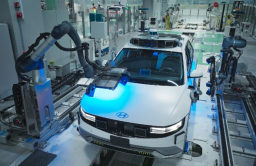 AutomobilesHyundai delays IONIQ 5 robotaxi service in US
AutomobilesHyundai delays IONIQ 5 robotaxi service in USNov 23, 2023 (Gmt+09:00)
-
Nov 22, 2022 (Gmt+09:00)
-
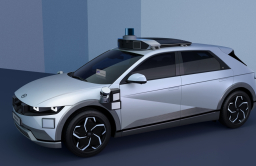 Future mobilityHyundai Motor, Motional unveil IONIQ 5 self-driving robotaxi
Future mobilityHyundai Motor, Motional unveil IONIQ 5 self-driving robotaxiAug 31, 2021 (Gmt+09:00)
-
Aug 12, 2020 (Gmt+09:00)


